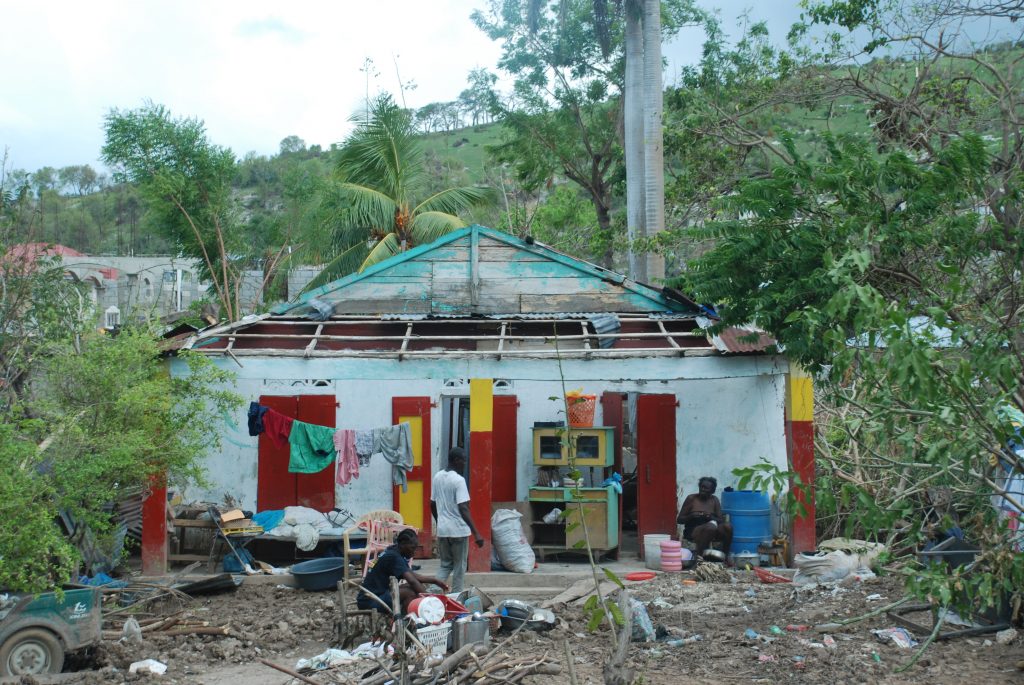When humanitarian trust is lost

News reports of exploitative behaviour by aid staff in Haiti raise important issues for all agencies involved in humanitarian relief. Such transgressions are symptomatic of the skewed power relations that confer a sense of entitlement and impunity that is hard to shake. This has special resonance in my organisation because our focus is on listening to how people hit by crisis view the aid they receive as well as the attitudes and behaviours of those providing it.
Over the past five years, Ground Truth Solutions has sought insight from thousands of vulnerable people served by humanitarian programmes in Haiti, Italy, Iraq, Lebanon, Greece, Kenya, Mali, Nepal, Pakistan, Somalia, Turkey, and Uganda. In our regular surveys of affected people, we ask them if they trust humanitarian workers, whether they know how to make complaints and if they believe that problems they raise will be addressed.
Most big agencies deal with ethical or so-called compliance issues separately from those related to the quality or timing of aid. But our findings suggest that the majority of respondents are unaware of how they can make complaints of any kind. And those who say they do know, don’t expect the issues they raise to be addressed. This may explain why most crisis-hit people tend to use help mechanisms to get information about services rather than to right perceived wrongs.
Our survey of people in Haiti last year showed that some 72 percent did not know how to make a suggestion or lodge a complaint while 89 percent did not believe their views would be taken into account. It also revealed that fewer than 10 percent felt empowered to live without aid in the future, and only 1 percent considered their lives were improving. But that’s another story…
The revelations of abuses by Oxfam staff in Haiti are the misdeeds of a malignant minority. What’s needed is a better way of holding perpetrators to account. A step in this direction would be to ensure that systems for making complaints are understood to be independent of the operational agencies. Although there are separate tracks for dealing with ethical and aid-related concerns, it takes a leap of faith for people to seek recourse if they must appeal in the first instance to people associated with the abusers.
Ground Truth Solutions operates at the other end of the feedback spectrum from the complaints mechanisms that allow individuals to raise issues of their own volition. Rather, we proactively collect data from representative samples of crisis-hit people. We do so independently, careful to ensure the anonymity of respondents and to protect the data they provide. But most surveys in the humanitarian field are administered by aid agencies themselves. This makes sense for assessing needs and asking about quality of services, but they need to be complemented and validated by third parties if they are to achieve the goal of providing credible insight into people’s perceptions and concerns.
In Chad, where we are currently working with the United Nations and the humanitarian country team to collect feedback from refugees and displaced people across that most complex of humanitarian emergencies, we plan to ask whether people would feel more comfortable if complaints mechanisms were managed independently of the aid agencies. This sounds like a no-brainer, but it’s rare in most humanitarian contexts. My hope is that the stories from Haiti will speed progress towards more robust approaches to accountability to affected people, both protecting them from predatory behaviour and improving the quality of humanitarian aid.

